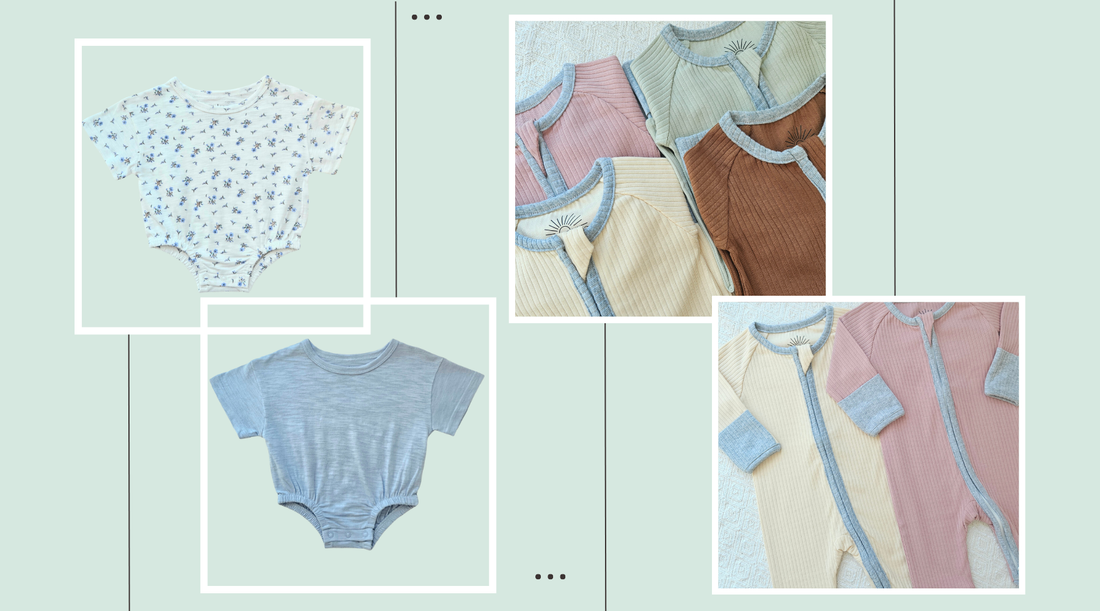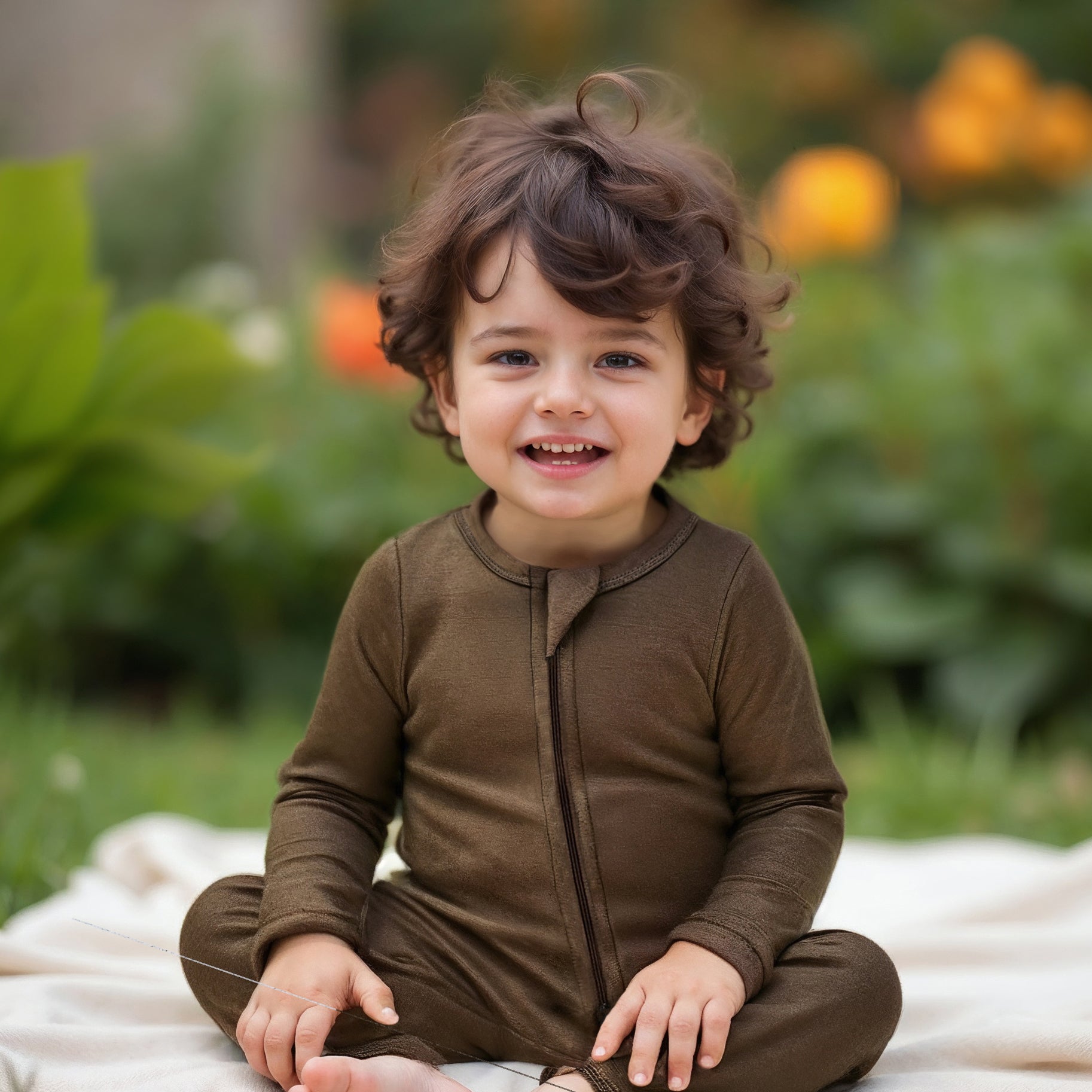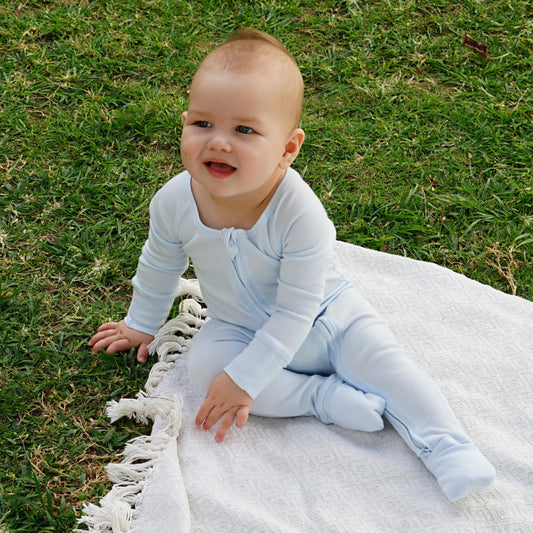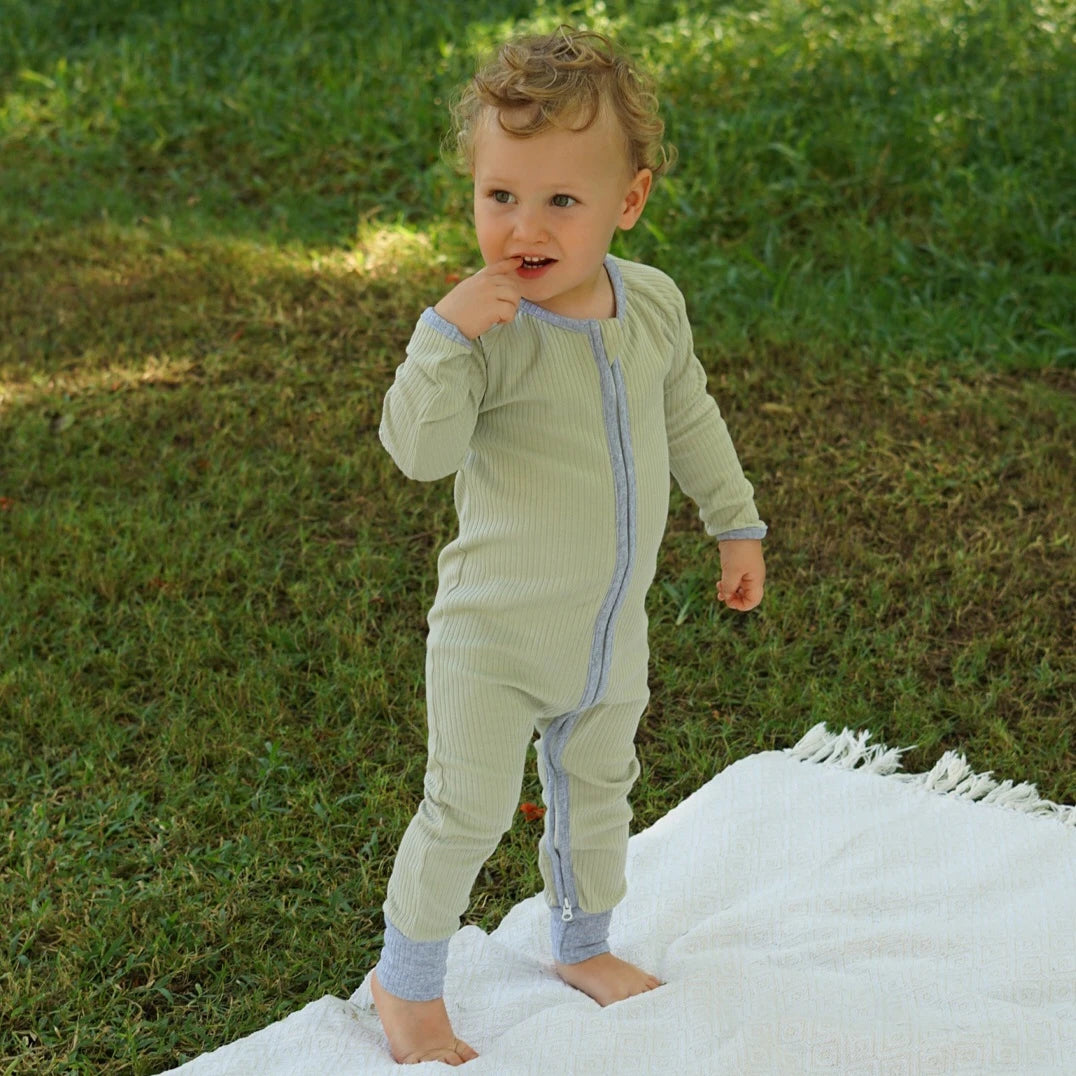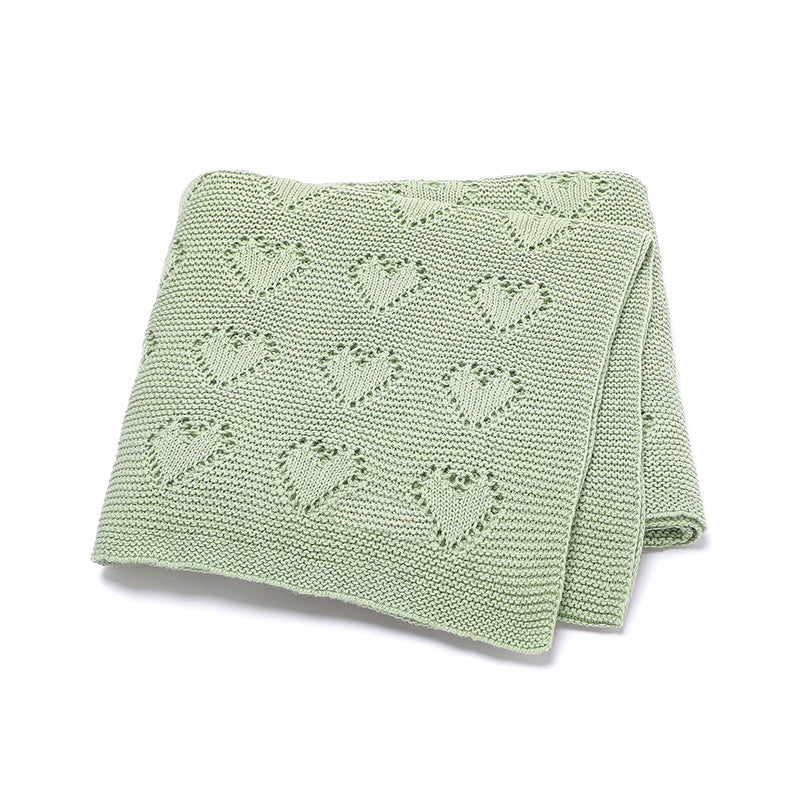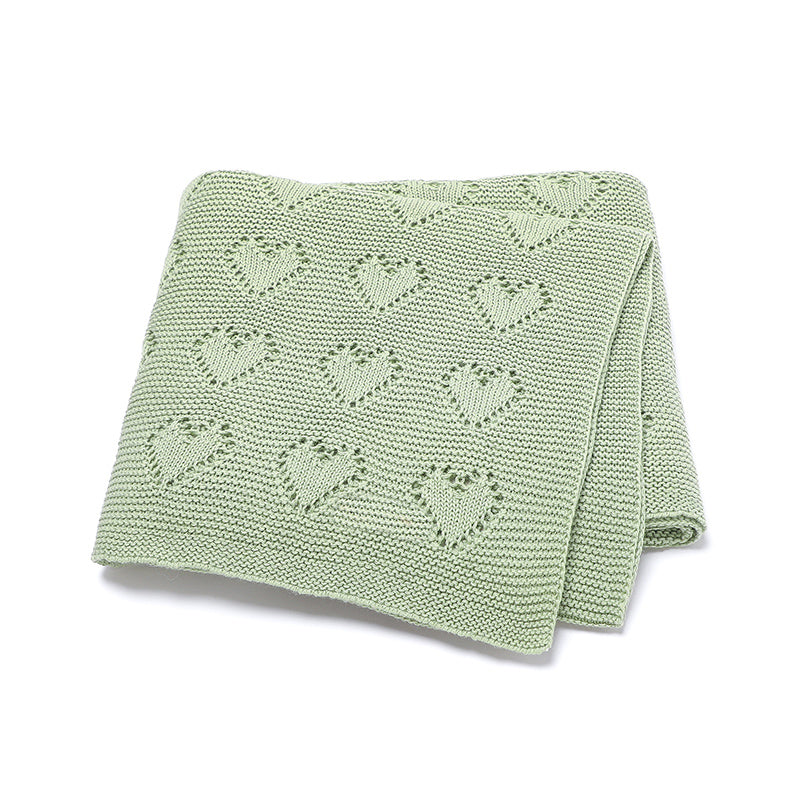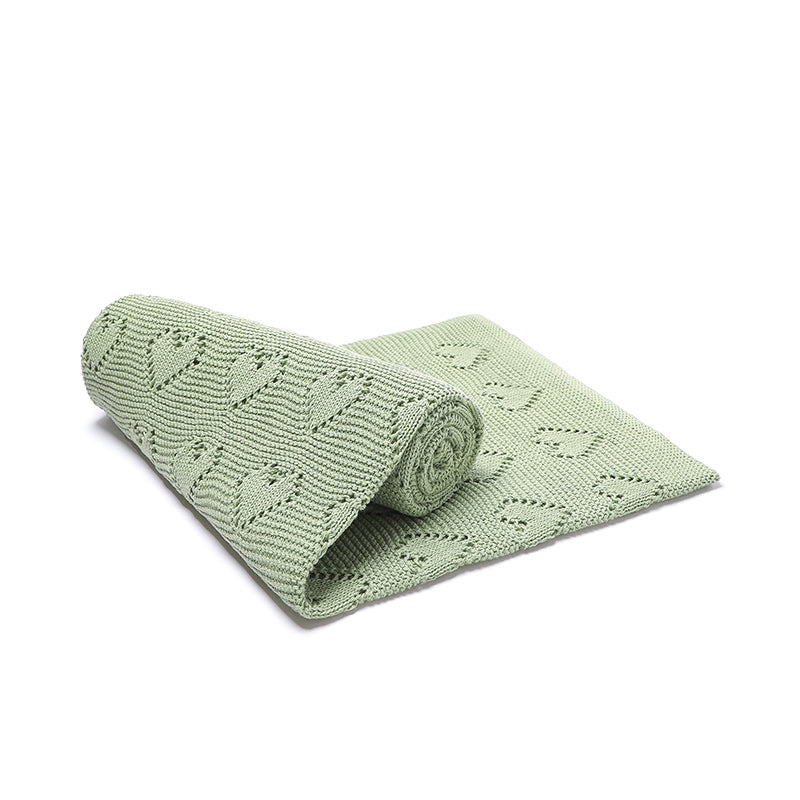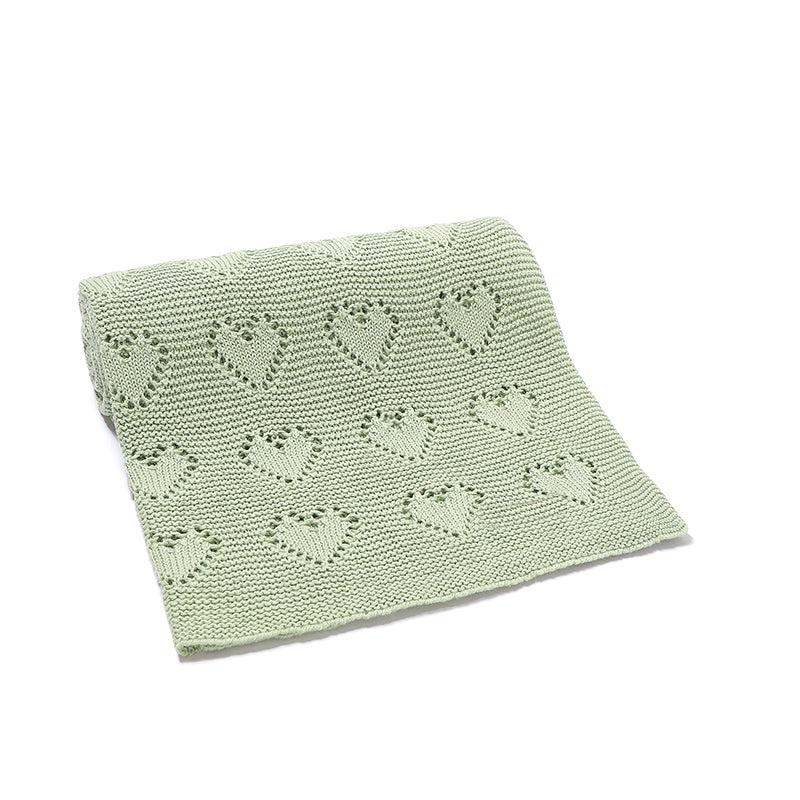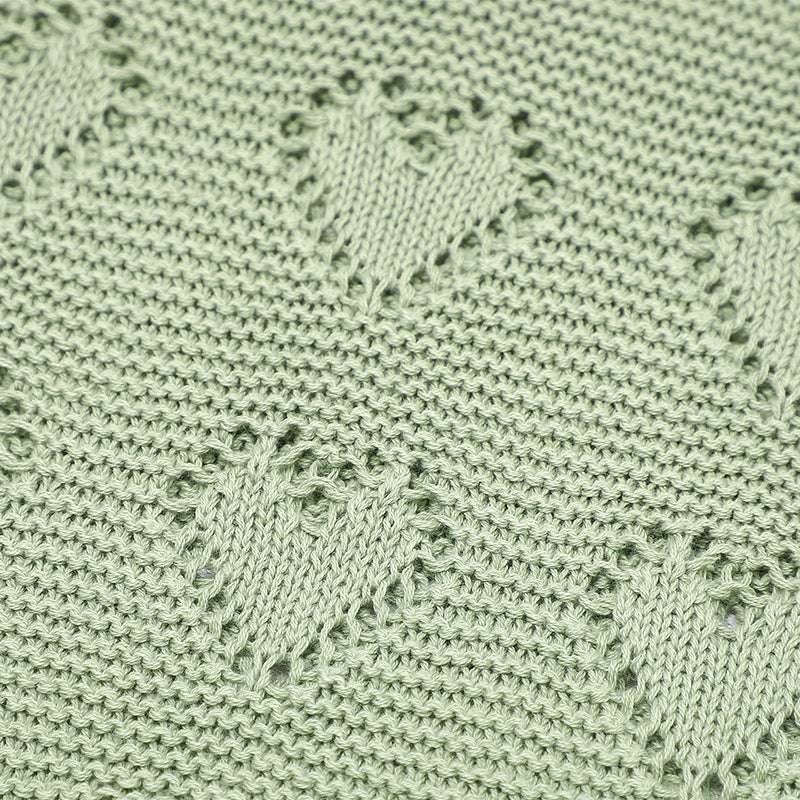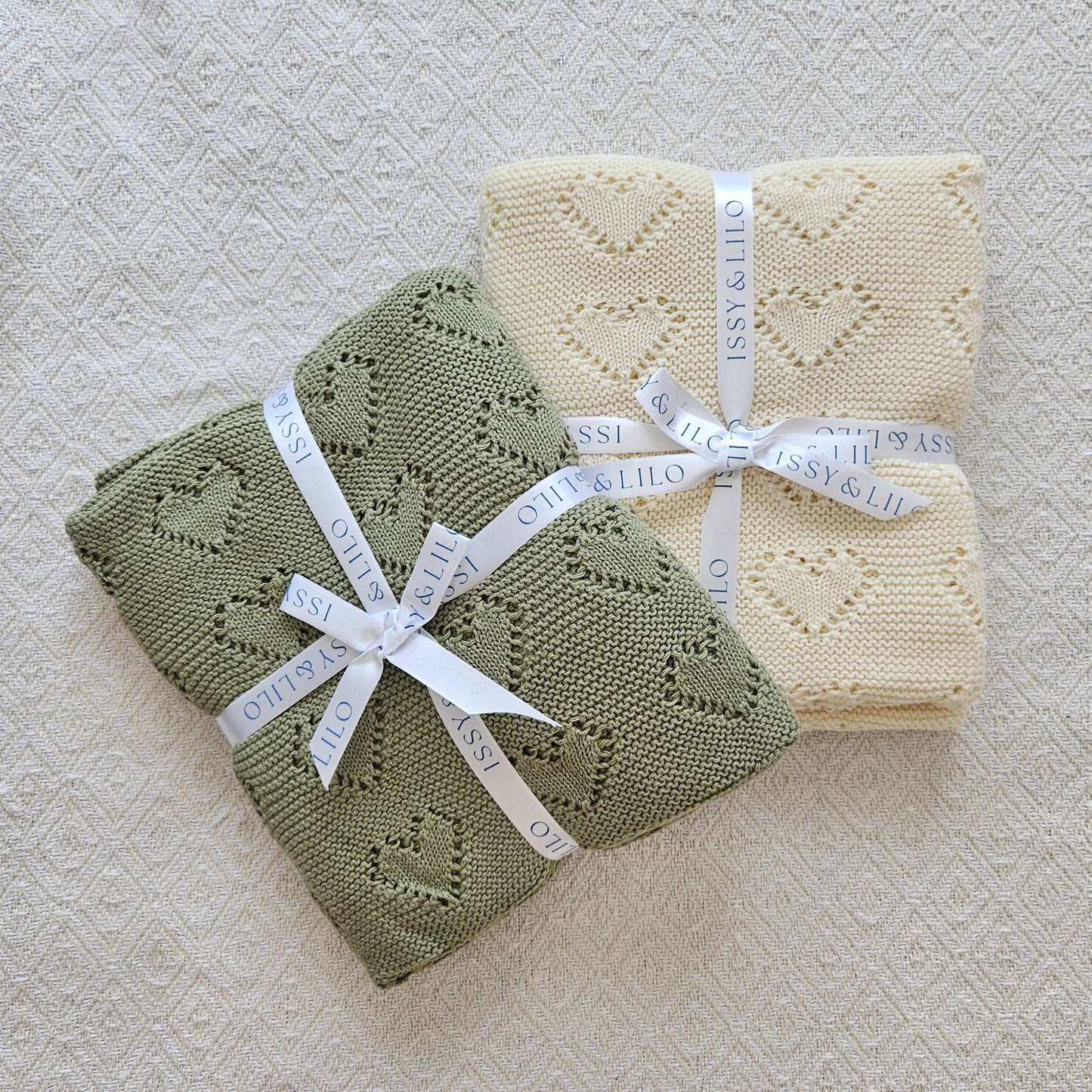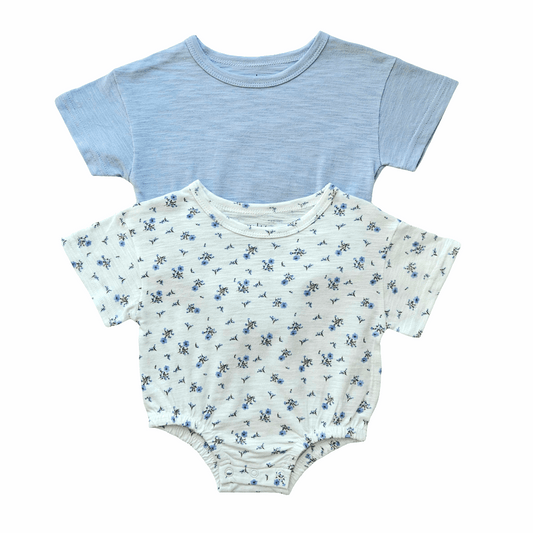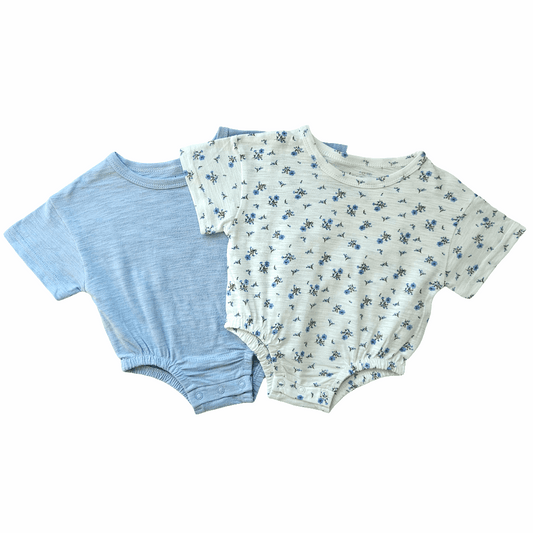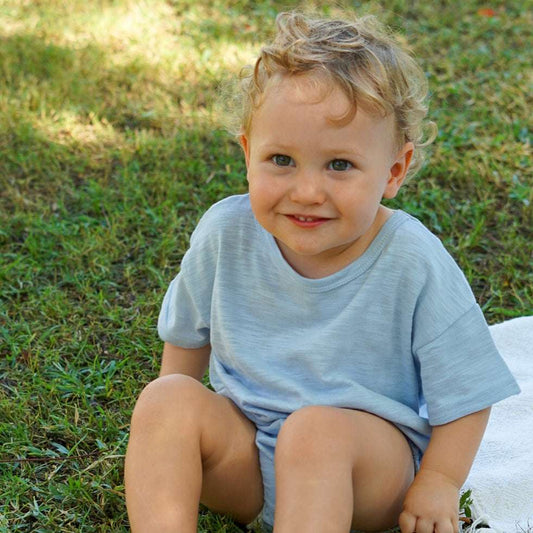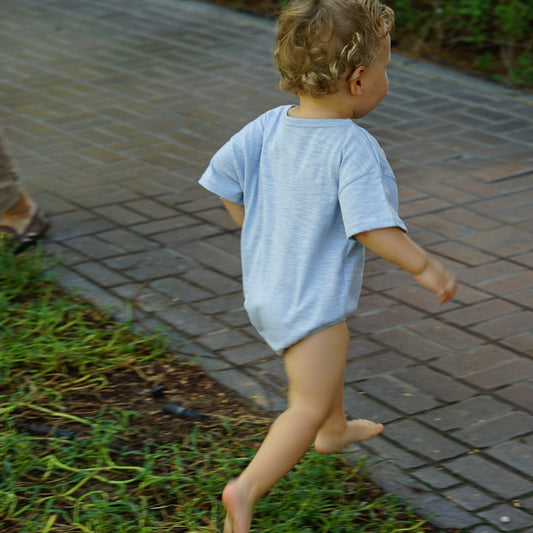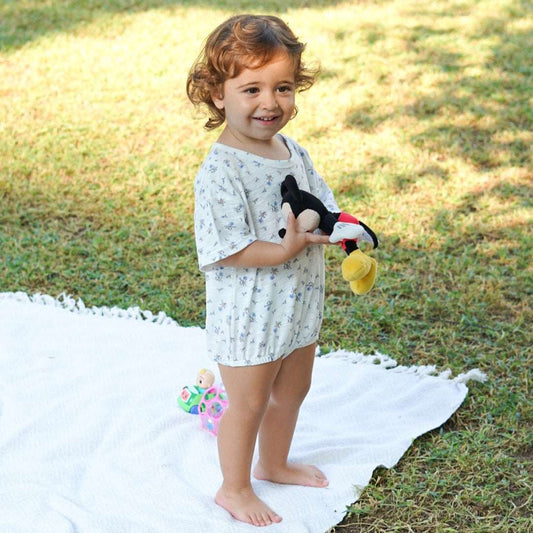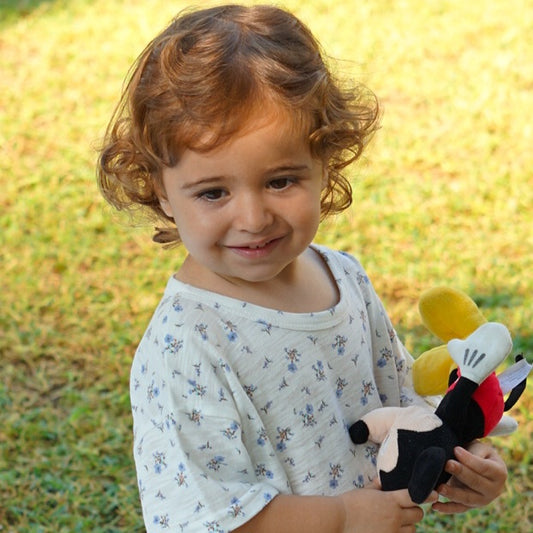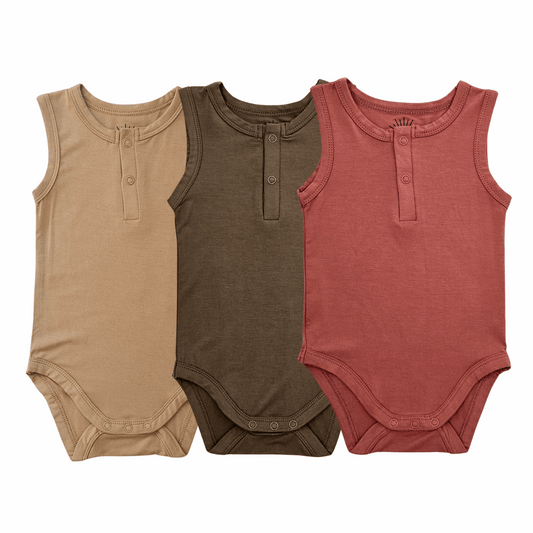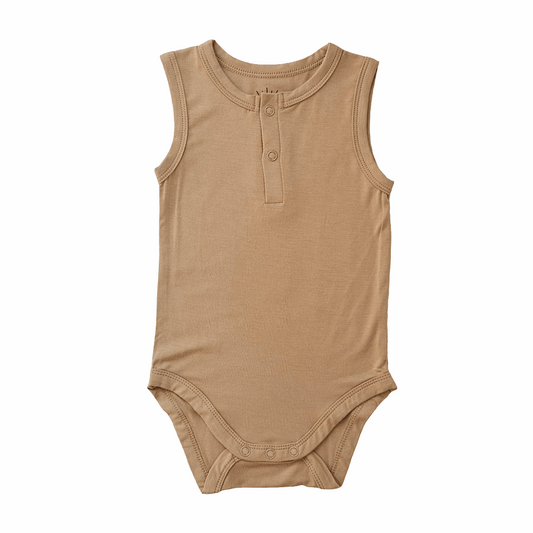As a parent, you want to make sure that everything your baby comes into contact with is safe and gentle. Baby clothing, in particular, needs to be free from harmful substances and made with the highest standards of care. But how can you be certain that the clothes you buy meet these criteria? This is where fabric certifications like OEKO-TEX® and Organic Certifications come into play.
These certifications are designed to ensure that the fabrics used in clothing, especially those for babies and children, are free from harmful chemicals and produced with environmentally friendly practices. In this blog, we’ll break down what OEKO-TEX® and Organic Certifications mean, how they differ, and why they’re important when choosing clothing for your little one.
The Importance of Fabric Certifications for Baby Clothing
Choosing the right fabric for your baby’s clothing isn’t just about softness and comfort. Babies have sensitive skin that’s more susceptible to irritants and chemicals found in conventional fabrics. Therefore, ensuring that the clothing you choose is certified safe and free from harmful substances is crucial.
Fabric certifications like OEKO-TEX® and Organic Certifications provide transparency and peace of mind, letting you know that the products have been tested against stringent standards for safety and environmental impact. But what do these certifications actually mean? Let’s explore the details.
1. What is OEKO-TEX® Certification? Ensuring Safety and Quality
OEKO-TEX® is one of the world’s best-known labels for textiles tested for harmful substances. If a fabric is OEKO-TEX® certified, it means that it has undergone rigorous testing to ensure it is free from chemicals that can pose a risk to human health. This certification is particularly important for baby clothing as it ensures that the fabric is safe against your baby’s delicate skin.
Key Benefits of OEKO-TEX® Certification:
• Chemical-Free Guarantee: The fabric has been tested for harmful substances such as formaldehyde, pesticides, heavy metals, and phthalates.
• Hypoallergenic: Ensures that the fabric will not cause skin irritation, allergic reactions, or respiratory issues.
• Environmental Responsibility: OEKO-TEX® certification promotes sustainable practices and environmentally friendly production methods.
FAQ: What does OEKO-TEX® Standard 100 mean?
OEKO-TEX® Standard 100 is a globally recognized certification that tests every component of the product for harmful substances, including the thread, buttons, and labels. If a product is labeled with this standard, it’s safe for even the most sensitive skin.
Pro Tip: When shopping for baby clothing, look for the OEKO-TEX® certification on our Issy & Lilo products to ensure you’re choosing the safest options for your little one.
2. Understanding Organic Certifications: GOTS and USDA Organic Standards
Organic certifications, such as the Global Organic Textile Standard (GOTS) and USDA Organic, ensure that fabrics are produced with organic farming practices, without the use of synthetic pesticides, fertilizers, or genetically modified organisms (GMOs). These certifications focus not only on the final product but also on the entire supply chain, from the farming of raw materials to the manufacturing and packaging of the finished product.
Key Benefits of Organic Certifications:
• No Synthetic Chemicals: Organic fabrics are grown and processed without harmful chemicals, making them safer for your baby’s skin and the environment.
• Sustainable Farming Practices: Organic farming uses natural methods to enrich soil fertility and conserve water, reducing the environmental impact.
• Traceability and Transparency: Certifications like GOTS ensure that every step of the production process meets strict environmental and social criteria.
FAQ: What is the difference between GOTS and OEKO-TEX®?
GOTS certification focuses on the entire supply chain, ensuring that fabrics are produced with organic practices. OEKO-TEX® certification, on the other hand, tests the final product for harmful substances. A GOTS-certified product is guaranteed to be made from organic materials, while an OEKO-TEX®-certified product is guaranteed to be free from harmful chemicals.
3. Why Fabric Certifications Matter for Baby Clothing
Fabric certifications play a crucial role in determining the safety and quality of baby clothing. Choosing certified fabrics ensures that your baby’s clothes are made with the highest standards of safety and sustainability. Babies are more vulnerable to the harmful effects of chemicals and toxins found in conventional fabrics, which can cause skin irritations, respiratory issues, and long-term health problems.
Quick Fact: According to a study by the Environmental Working Group (EWG), conventional cotton accounts for 25% of the world’s insecticide use and 10% of pesticide use, making it one of the most chemically-treated crops. Choosing organic cotton reduces exposure to these harmful chemicals.
At Issy & Lilo, we’re committed to using certified organic and OEKO-TEX® fabrics in all our products. This means that you can rest assured knowing your baby’s clothes are safe, gentle, and environmentally friendly.
4. How to Identify Certified Fabrics: What to Look for When Shopping
When shopping for baby clothing, it’s essential to check for fabric certifications on the label or product description. Here’s what to look for:
• OEKO-TEX® Standard 100 Label: Indicates that the product has been tested for harmful substances and is certified safe for human use.
• GOTS Certified Organic Cotton Label: Ensures that the product is made from organic cotton and meets strict environmental and social criteria.
• USDA Organic Label: Commonly found on organic cotton products, it guarantees that the cotton used was grown according to federal organic regulations.
Pro Tip: At Issy & Lilo, we’re proud to offer OEKO-TEX® and GOTS-certified organic cotton products like our Organic Cotton Smart Zipper Rompers and Knitted Hearts Blankets.
5. The Benefits of Choosing Certified Baby Clothing: Comfort, Safety, and Sustainability
Choosing certified baby clothing means providing your baby with garments that are free from harmful chemicals, soft on the skin, and made with sustainable practices. This not only protects your baby’s health but also supports ethical and environmentally responsible practices.
Why it Matters:
• For Your Baby’s Health: Certified fabrics ensure that no harmful substances come into contact with your baby’s sensitive skin.
• For the Environment: Supporting certified products reduces the environmental impact of textile production and encourages sustainable practices.
• For Peace of Mind: Knowing that your baby’s clothes are made to the highest safety and quality standards offers peace of mind for you as a parent.
Choosing Certified Fabrics for a Healthier Future
Fabric certifications like OEKO-TEX® and Organic Certifications provide assurance that the clothing you choose for your baby is safe, gentle, and produced responsibly. At Issy & Lilo, we believe in transparency and quality, which is why we proudly offer certified products that you can trust.
By choosing our certified organic cotton and OEKO-TEX® products, you’re making a conscious decision for your baby’s well-being and the health of our planet. Shop with confidence and give your baby the comfort and safety they deserve.

